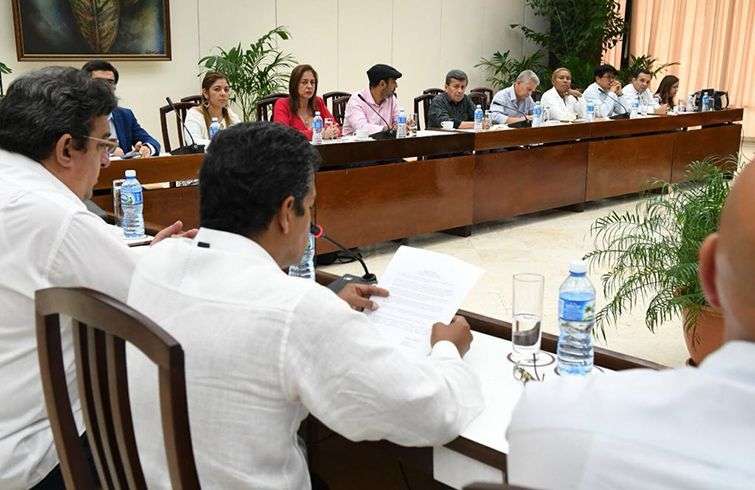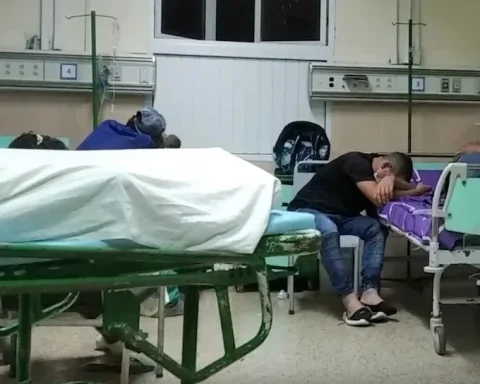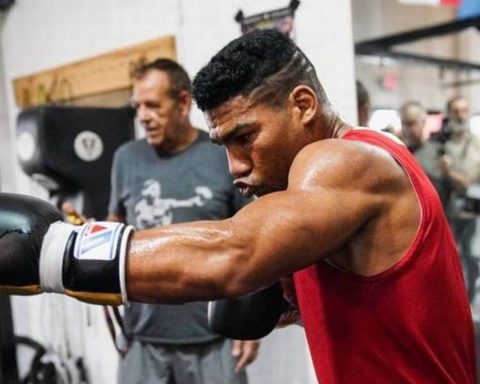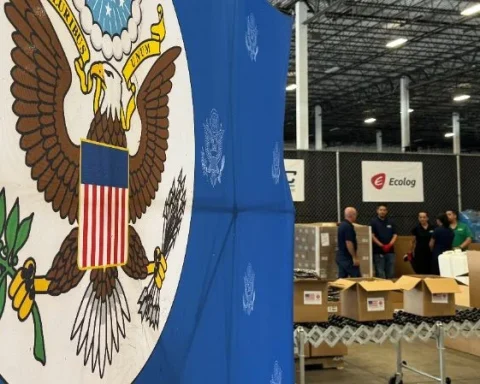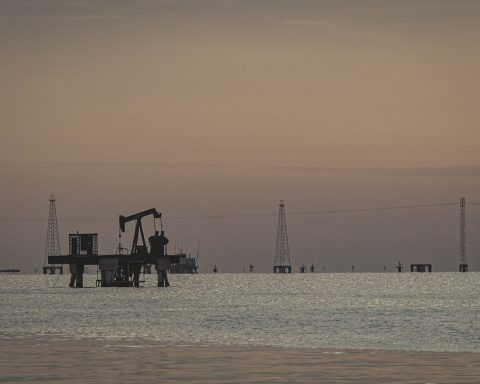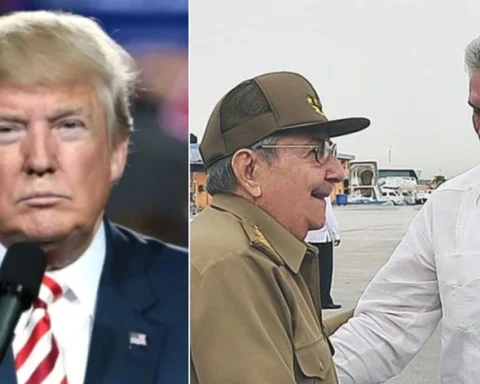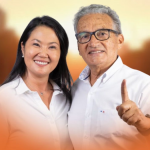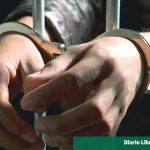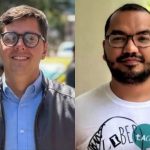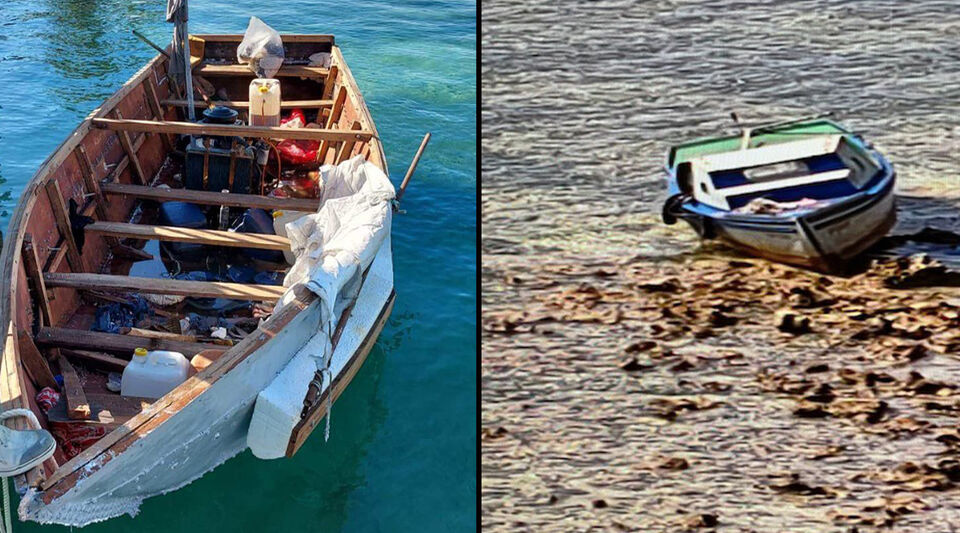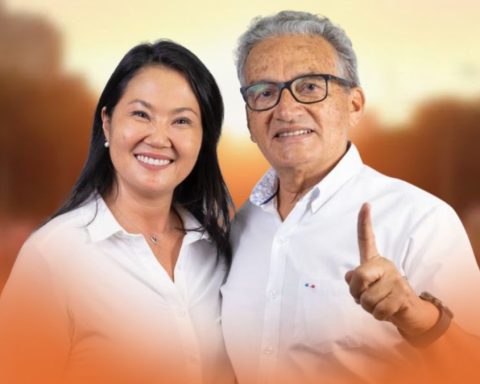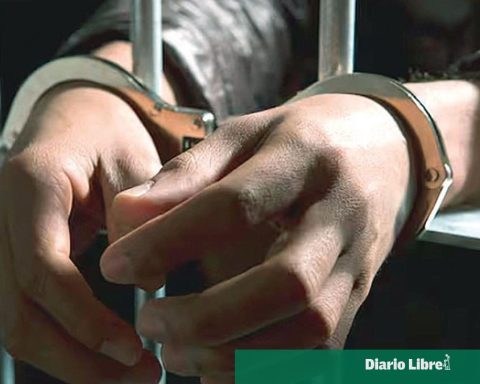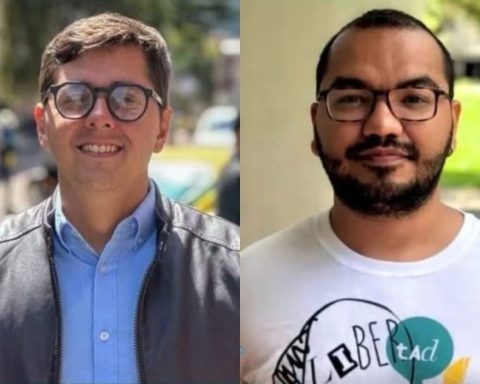the president of ColombiaGustavo Petro, affirmed this Wednesday that it is not up to his government exclusively to decide where the peace negotiations with the ELN are going to take place and that that guerrilla group must also decide whether they stay in Cuba or take place in other countries, such as Spain, which has offered itself for this purpose.
The President of the Government of Spain, Pedro Sánchez, who is on an official visit to Colombia, offered this Wednesday his country to host the talks to achieve definitive peace, within the process that Petro it wants to relaunch with the National Liberation Army (ELN) and extend to other armed groups, such as the FARC dissidents or the paramilitary Clan del Golfo.
In this sense, in a joint statement with his Spanish counterpart, Petro assured that he will take the proposal to his counterpart, the ELN delegation that is in Cuba, and that: “if the Kingdom of Spain is the guarantor and if the parts, I would love to”.
“We will take this proposal, but we will see the response of the counterpart, which until now are in their own consultations; They have been without communication for four years and that lack of communication harms the rhythms, ”said Petro in the Casa de Nariño (presidential headquarters).
Rapprochements with the ELN
Last week the Government of Colombia ordered to suspend the arrest and extradition orders against 11 members of the ELN, including one of its top leaders, Israel Ramírez Pineda, alias “Pablo Beltrán”, who are in Havana.
“The ELN negotiators can now move freely, reconnect with their organization and know what state they are in to achieve a peace negotiation process,” Petro explained today.
From there, the ELN, which “has been four years without communication,” will be able to return to the dialogue table to establish “a process of common agreement for negotiation” and that it must even establish whether the table continues in Havana, if so, Cuba also offers it.
Colombian senator highlights progress in the new negotiations with the ELN in Havana
This Wednesday, in an interview with the Colombian network W Radio, Sánchez assured that “Spain is going to be with Colombia helping in whatever the Colombian Government” “asks” them and specified that Spain offers to host, if it is considered convenient, some type of of conversation that allows to reach the definitive peace.
In addition to Spain, Chile has also offered its country for these talks, although both presidents, Sánchez and Gabriel Boric, are aware that Colombia has the last word and in turn also depends on the will of the ELN, which began negotiating in Ecuador in 2017, but after several ups and downs in the dialogue, the talks were taken to Havana, which between 2012 and 2016 hosted the talks with the FARC.
Dialogues with other groups
Petro, sworn in on August 7, has undertaken a policy of “total peace” in which he wants to reach an agreement with the ELN, as was already reached at the time with the FARC, and also achieve some kind of legal agreement -or submission to justice—with the dissidents of the FARC and other groups.
In this sense, the Colombian president assured that he has received letters from all the groups, except from the Border Commands, a dissident group that operates in the border region with Ecuador, but stressed that at the moment they are simple letters and he does not know how sincere they are
“Undoubtedly, we must move to action,” Petro said, and “these actions should mean that if you want peace, you stop killing,” he added.
For the moment, in addition to suspending the arrest warrants for the ELN’s high command, Petro has also ordered the suspension of aerial fumigation of coca crops and promised to “revive” the National Program for the Substitution of Illicit Crops to strengthen dialogue between the State and the peasants, as he recalled today.
Sánchez, during his visit to Bogotá as part of the Latin American tour he is carrying out in Colombia, Ecuador and Honduras, reiterated his support for Petro’s “total peace” and was open to contributing to that process.
